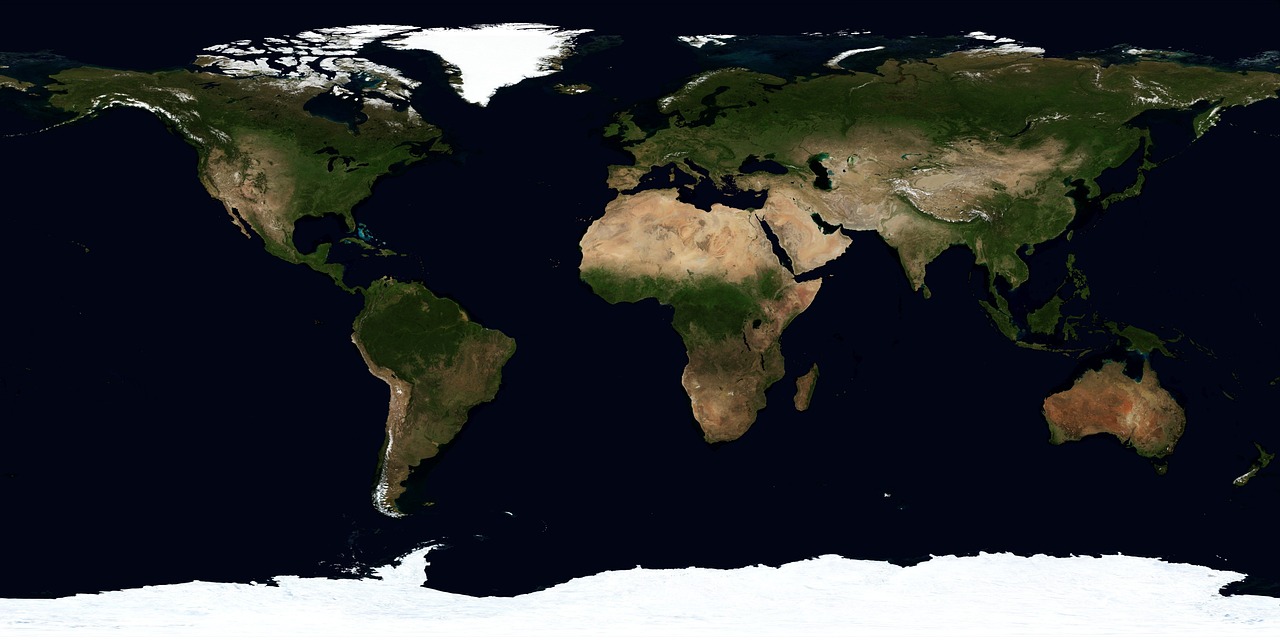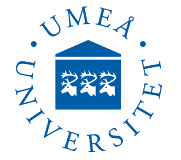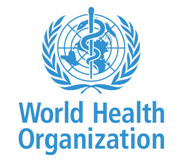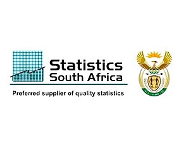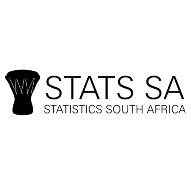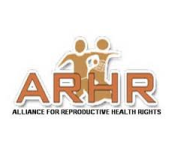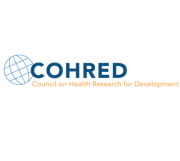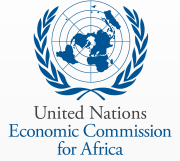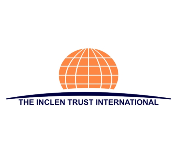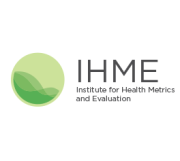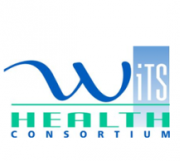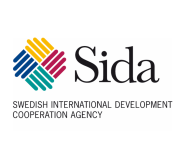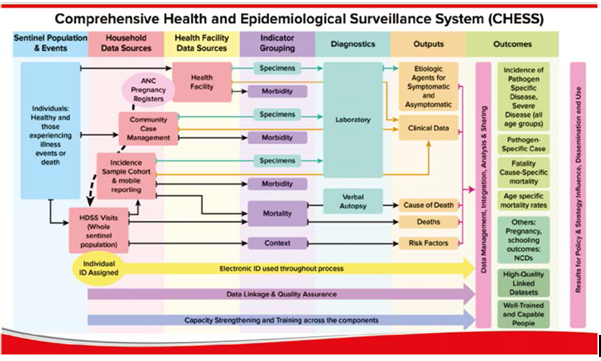
Improving Lives Through Longitudinal Research and Policy Influence
Above chart shows INDEPTH in the near future – implementing CHESS, Lancet Global Health 2015
We conduct longitudinal research based on Health and Demographic Surveillance System (HDSS) field sites in low- and middle-income countries (LMICs) to improve the lives of people in these countries by informing and influencing policy. We provide robust answers to some of the most important questions in development.
Through our global network of HDSS field sites in Africa, Asia and Oceania, we are capable of producing reliable longitudinal data not only about the lives of people in LMICs, but about the impact on those lives of development policies and programmes.
Improving Lives Through Longitudinal Research and Policy Influence

Above chart shows INDEPTH in the near future – implementing CHESS, Lancet Global Health 2015
We conduct longitudinal research based on Health and Demographic Surveillance System (HDSS) field sites in low- and middle-income countries (LMICs) to improve the lives of people in these countries by informing and influencing policy. We provide robust answers to some of the most important questions in development.
Through our global network of HDSS field sites in Africa, Asia and Oceania, we are capable of producing reliable longitudinal data not only about the lives of people in LMICs, but about the impact on those lives of development policies and programmes.

Gathering Reliable Data for Development Impact

Informing Evidence-Based Policies and Programs

Driving Positive Change in LMICs
We are now implementing a new generation of population surveillance operations—the Comprehensive Health and Epidemiological Surveillance System (CHESS)—capable of timely delivery of high-quality data for disease-specific and pathogen-specific morbidity, together with data for overall and cause-specific mortality.
In addition to disease causes and morbidities, CHESS includes full risk factor surveillance and address the full range of the rapidly transitioning burden of disease, including non-communicable diseases and external causes and their associated morbidities. Importantly, CHESS includes monitoring health systems and policy initiatives because they affect communities and households.
In implementing CHESS, we do not underplay the importance of documentation, study, and implementation of intervention studies related to inequalities in health, health-care access and use, and intervention coverage. CHESS will be founded on established dynamic cohort surveillance approaches, by building on existing methods used in health and demographic surveillance systems (HDSSs).
The main CHESS innovation is integration across population and health facility data systems, linking demographic, epidemiological, mortality, morbidity, clinical, laboratory, household, environmental, health systems, and other contextual data, with a unique electronic individual identification system throughout. This integration generates empirical unbiased data essential for development and assessment of interventions at the subnational level. Data from health facilities are linked to community-level information. For example, mortality data are collected both from health facilities (with medical certificates of cause of death) and from the community, through verbal autopsy.
Subcohorts within CHESS populations are followed up to monitor morbidity incidence and collect clinical data and laboratory specimens, through frequent scheduled household visits (active surveillance) and unscheduled visits triggered by mobile phone contacts from households. Additionally, sentinel health facility data provide information about severe diseases and their causes, with outcomes traced back to household levels on a timely basis. CHESS provides numerators and denominators for population-based diseases with causes and mortality disaggregated by finely specified age groups (including neonates).
The HDSS foundation for CHESS is enhanced by crucial innovations needed for the morbidity and aetiological surveillance components, at both household and health facility levels. Household-based cohort studies with an electronic illness notification system, in addition to operational and data linkages with health facilities, are complemented by advanced quality-assured clinical and laboratory investigations and expertise.
Data collection for CHESS builds on existing HDSS platforms, thereby making unique identifiers (either electronic or biometric) available for every individual. These identifiers also have the potential to be linked to national identification systems, which is necessary for integration of datasets from households, health facilities, and laboratories. CHESS uses technological solutions to establish an integrated electronic surveillance system combining all relevant data sources and allowing for appropriate response. CHESS provides complementary data to national health management and information systems and link to local civil registration systems, enabling access to birth and death registration and certification for the population, and thus providing individuals and families with direct benefits.
We are aware that the above enhancements need substantial developments in resources, expertise, and capacity, and will have substantial opportunity costs. Robust ethical safeguards also have to be considered. However, now is the moment to firmly state that the world cannot continue to work without essential and large-scale population health information.
HOW WE WORK AS A NETWORK THROUGH THE INDEPTH RESOURCE & TRAINING CENTRE
- We support the INDEPTH Working Groups to realise their ambitious plans for expanding the boundaries of scientific knowledge based on HDSS research.
- We strengthen the capacities of HDSS members and train their staff to conduct high quality health and demographic research.
- We enhance members’ scientific productivity and improve on the quality of data collection, analysis and management.
- We focus on building a pool of highly trained and efficient young researchers/scientists to conduct world-class research and ensure sustainable leaders for the respective HDSSs.
- In partnership with our collaborators, we energetically strive to translate the successful research into improved global policies. To this end, we synthesise the knowledge generated by INDEPTH into comprehensive policy documents to influence policy-making and ensuring an on-going dialogue among policy makers, practitioners and scientists.
- We always seek and use every opportunity to work closely with the Board of Trustees who in turn demonstrates its leadership role.
- We utilise the Scientific Advisory Committee to steer the Network’s scientific agenda into promising directions.

Improving Lives Through Longitudinal Research and Policy Influence
Above chart shows INDEPTH in the near future – implementing CHESS, Lancet Global Health 2015
We conduct longitudinal research based on Health and Demographic Surveillance System (HDSS) field sites in low- and middle-income countries (LMICs) to improve the lives of people in these countries by informing and influencing policy. We provide robust answers to some of the most important questions in development.
Through our global network of HDSS field sites in Africa, Asia and Oceania, we are capable of producing reliable longitudinal data not only about the lives of people in LMICs, but about the impact on those lives of development policies and programmes.
Improving Lives Through Longitudinal Research and Policy Influence

Above chart shows INDEPTH in the near future – implementing CHESS, Lancet Global Health 2015
We conduct longitudinal research based on Health and Demographic Surveillance System (HDSS) field sites in low- and middle-income countries (LMICs) to improve the lives of people in these countries by informing and influencing policy. We provide robust answers to some of the most important questions in development.
Through our global network of HDSS field sites in Africa, Asia and Oceania, we are capable of producing reliable longitudinal data not only about the lives of people in LMICs, but about the impact on those lives of development policies and programmes.

Gathering Reliable Data for Development Impact

Informing Evidence-Based Policies and Programs

Driving Positive Change in LMICs
We are now implementing a new generation of population surveillance operations—the Comprehensive Health and Epidemiological Surveillance System (CHESS)—capable of timely delivery of high-quality data for disease-specific and pathogen-specific morbidity, together with data for overall and cause-specific mortality.
In addition to disease causes and morbidities, CHESS includes full risk factor surveillance and address the full range of the rapidly transitioning burden of disease, including non-communicable diseases and external causes and their associated morbidities. Importantly, CHESS includes monitoring health systems and policy initiatives because they affect communities and households.
In implementing CHESS, we do not underplay the importance of documentation, study, and implementation of intervention studies related to inequalities in health, health-care access and use, and intervention coverage. CHESS will be founded on established dynamic cohort surveillance approaches, by building on existing methods used in health and demographic surveillance systems (HDSSs).
The main CHESS innovation is integration across population and health facility data systems, linking demographic, epidemiological, mortality, morbidity, clinical, laboratory, household, environmental, health systems, and other contextual data, with a unique electronic individual identification system throughout. This integration generates empirical unbiased data essential for development and assessment of interventions at the subnational level. Data from health facilities are linked to community-level information. For example, mortality data are collected both from health facilities (with medical certificates of cause of death) and from the community, through verbal autopsy.
Subcohorts within CHESS populations are followed up to monitor morbidity incidence and collect clinical data and laboratory specimens, through frequent scheduled household visits (active surveillance) and unscheduled visits triggered by mobile phone contacts from households. Additionally, sentinel health facility data provide information about severe diseases and their causes, with outcomes traced back to household levels on a timely basis. CHESS provides numerators and denominators for population-based diseases with causes and mortality disaggregated by finely specified age groups (including neonates).
The HDSS foundation for CHESS is enhanced by crucial innovations needed for the morbidity and aetiological surveillance components, at both household and health facility levels. Household-based cohort studies with an electronic illness notification system, in addition to operational and data linkages with health facilities, are complemented by advanced quality-assured clinical and laboratory investigations and expertise.
Data collection for CHESS builds on existing HDSS platforms, thereby making unique identifiers (either electronic or biometric) available for every individual. These identifiers also have the potential to be linked to national identification systems, which is necessary for integration of datasets from households, health facilities, and laboratories. CHESS uses technological solutions to establish an integrated electronic surveillance system combining all relevant data sources and allowing for appropriate response. CHESS provides complementary data to national health management and information systems and link to local civil registration systems, enabling access to birth and death registration and certification for the population, and thus providing individuals and families with direct benefits.
We are aware that the above enhancements need substantial developments in resources, expertise, and capacity, and will have substantial opportunity costs. Robust ethical safeguards also have to be considered. However, now is the moment to firmly state that the world cannot continue to work without essential and large-scale population health information.
HOW WE WORK AS A NETWORK THROUGH THE INDEPTH RESOURCE & TRAINING CENTRE
- We support the INDEPTH Working Groups to realise their ambitious plans for expanding the boundaries of scientific knowledge based on HDSS research.
- We strengthen the capacities of HDSS members and train their staff to conduct high quality health and demographic research.
- We enhance members’ scientific productivity and improve on the quality of data collection, analysis and management.
- We focus on building a pool of highly trained and efficient young researchers/scientists to conduct world-class research and ensure sustainable leaders for the respective HDSSs.
- In partnership with our collaborators, we energetically strive to translate the successful research into improved global policies. To this end, we synthesise the knowledge generated by INDEPTH into comprehensive policy documents to influence policy-making and ensuring an on-going dialogue among policy makers, practitioners and scientists.
- We always seek and use every opportunity to work closely with the Board of Trustees who in turn demonstrates its leadership role.
- We utilise the Scientific Advisory Committee to steer the Network’s scientific agenda into promising directions.

Improving Lives Through Longitudinal Research and Policy Influence
Above chart shows INDEPTH in the near future – implementing CHESS, Lancet Global Health 2015
We conduct longitudinal research based on Health and Demographic Surveillance System (HDSS) field sites in low- and middle-income countries (LMICs) to improve the lives of people in these countries by informing and influencing policy. We provide robust answers to some of the most important questions in development.
Through our global network of HDSS field sites in Africa, Asia and Oceania, we are capable of producing reliable longitudinal data not only about the lives of people in LMICs, but about the impact on those lives of development policies and programmes.
Improving Lives Through Longitudinal Research and Policy Influence

Above chart shows INDEPTH in the near future – implementing CHESS, Lancet Global Health 2015
We conduct longitudinal research based on Health and Demographic Surveillance System (HDSS) field sites in low- and middle-income countries (LMICs) to improve the lives of people in these countries by informing and influencing policy. We provide robust answers to some of the most important questions in development.
Through our global network of HDSS field sites in Africa, Asia and Oceania, we are capable of producing reliable longitudinal data not only about the lives of people in LMICs, but about the impact on those lives of development policies and programmes.

Gathering Reliable Data for Development Impact

Informing Evidence-Based Policies and Programs

Driving Positive Change in LMICs
We are now implementing a new generation of population surveillance operations—the Comprehensive Health and Epidemiological Surveillance System (CHESS)—capable of timely delivery of high-quality data for disease-specific and pathogen-specific morbidity, together with data for overall and cause-specific mortality.
In addition to disease causes and morbidities, CHESS includes full risk factor surveillance and address the full range of the rapidly transitioning burden of disease, including non-communicable diseases and external causes and their associated morbidities. Importantly, CHESS includes monitoring health systems and policy initiatives because they affect communities and households.
In implementing CHESS, we do not underplay the importance of documentation, study, and implementation of intervention studies related to inequalities in health, health-care access and use, and intervention coverage. CHESS will be founded on established dynamic cohort surveillance approaches, by building on existing methods used in health and demographic surveillance systems (HDSSs).
The main CHESS innovation is integration across population and health facility data systems, linking demographic, epidemiological, mortality, morbidity, clinical, laboratory, household, environmental, health systems, and other contextual data, with a unique electronic individual identification system throughout. This integration generates empirical unbiased data essential for development and assessment of interventions at the subnational level. Data from health facilities are linked to community-level information. For example, mortality data are collected both from health facilities (with medical certificates of cause of death) and from the community, through verbal autopsy.
Subcohorts within CHESS populations are followed up to monitor morbidity incidence and collect clinical data and laboratory specimens, through frequent scheduled household visits (active surveillance) and unscheduled visits triggered by mobile phone contacts from households. Additionally, sentinel health facility data provide information about severe diseases and their causes, with outcomes traced back to household levels on a timely basis. CHESS provides numerators and denominators for population-based diseases with causes and mortality disaggregated by finely specified age groups (including neonates).
The HDSS foundation for CHESS is enhanced by crucial innovations needed for the morbidity and aetiological surveillance components, at both household and health facility levels. Household-based cohort studies with an electronic illness notification system, in addition to operational and data linkages with health facilities, are complemented by advanced quality-assured clinical and laboratory investigations and expertise.
Data collection for CHESS builds on existing HDSS platforms, thereby making unique identifiers (either electronic or biometric) available for every individual. These identifiers also have the potential to be linked to national identification systems, which is necessary for integration of datasets from households, health facilities, and laboratories. CHESS uses technological solutions to establish an integrated electronic surveillance system combining all relevant data sources and allowing for appropriate response. CHESS provides complementary data to national health management and information systems and link to local civil registration systems, enabling access to birth and death registration and certification for the population, and thus providing individuals and families with direct benefits.
We are aware that the above enhancements need substantial developments in resources, expertise, and capacity, and will have substantial opportunity costs. Robust ethical safeguards also have to be considered. However, now is the moment to firmly state that the world cannot continue to work without essential and large-scale population health information.
HOW WE WORK AS A NETWORK THROUGH THE INDEPTH RESOURCE & TRAINING CENTRE
- We support the INDEPTH Working Groups to realise their ambitious plans for expanding the boundaries of scientific knowledge based on HDSS research.
- We strengthen the capacities of HDSS members and train their staff to conduct high quality health and demographic research.
- We enhance members’ scientific productivity and improve on the quality of data collection, analysis and management.
- We focus on building a pool of highly trained and efficient young researchers/scientists to conduct world-class research and ensure sustainable leaders for the respective HDSSs.
- In partnership with our collaborators, we energetically strive to translate the successful research into improved global policies. To this end, we synthesise the knowledge generated by INDEPTH into comprehensive policy documents to influence policy-making and ensuring an on-going dialogue among policy makers, practitioners and scientists.
- We always seek and use every opportunity to work closely with the Board of Trustees who in turn demonstrates its leadership role.
- We utilise the Scientific Advisory Committee to steer the Network’s scientific agenda into promising directions.
Providing Data-Driven Solutions to Global Health Challenges
Delivering precise, data-driven insights to address global health challenges, enhancing policy-making, and improving health outcomes for communities worldwide.
ABOUT US
Our Work Promise to Uphold the trust placed
- Improved Health Outcomes
- Enhanced Policy Decisions
- Informed Community Interventions
- Transformative Research
26
YEARS
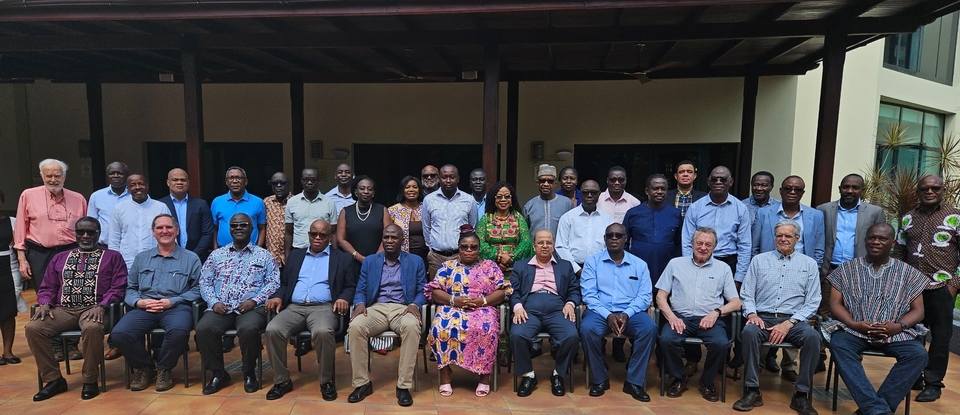
The INDEPTH Network provides a robust large-scale health and demographic surveillance systems across developing countries that is available to address current global health challenges. The current global health threats such as emerging and re-emerging diseases, the quest to find cure for existing communicable and noncommunicable diseases presents INDEPTH as a unique platform to conduct research and undertake intervention studies to find solutions to these challenges in the developing world.
The Network presents a universal approach to conducting large multi-center research based on its strength in surveillance, updated vital events-registration system, emphasis on mortality monitoring and tracking of migration. The Network’s ability to offer a unique opportunity of innovative data capture mechanism, advance data analytics, and real-time data reporting systems, enhances data accuracy, efficiency, and timeliness in conducting research in the Sub- Saharan Africa region.
The INDEPTH Network remains pivotal in the continuing need for longitudinal health research that responds to urgent health issues in African and globally. Closely linked to this is the unprecedented opportunity to develop low cost, data-accessible, and user-friendly technology for longitudinal observation of populations. Software innovations, communication tools, AI capabilities, and inference tools expand opportunities for collaboration, exchanges, and capacity-building that are best addressed by a scientific network that builds regional links between scientists as well as collaborative links with research institutions in Europe, Asia, and North America.
This document provides the profile of 16 INDEPTH Sites in 10 countries, comprising a population of over 2.9 million people in East, West and Southern Africa. The document captures the following details of each site: institutional profile; geographic and administrative location; total population under surveillance; staff capacity and strength; community-based and hospital-based surveillance activities; clinical trial capabilities and clinical trial studies conducted. It also contains other health, population and intervention studies conducted by the sites and publications from these studies.
We are very grateful to all the experts, site leaders, site members and individuals who have contributed their knowledge and experience towards the development of this document. This document will serve as a guide to future health and population studies and large scale multi-country surveillance and clinical trial research in Sub-Saharan Africa.
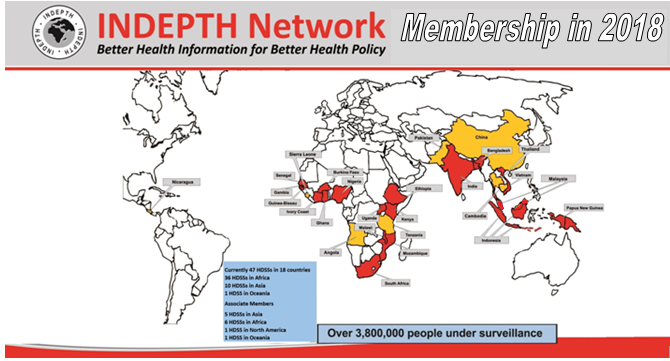
INDEPTH membership is currently composed of 42 member health research centres that observe through 49 HDSS field sites the life events of over three million, eight hundred people in 19 LMICs in Africa, Asia and Oceania. Since its inception in 1998, the Network has gathered a treasure trove of robust data, and is uniquely positioned both to answer the most pressing questions on health, population dynamics and development, and to provide policy-makers and donors with evidence on the impact of interventions. In a world seeking answers to poverty and underdevelopment, INDEPTH produces the data necessary to study and solve our greatest social problems.

INDEPTH membership is currently composed of 42 member health research centres that observe through 49 HDSS field sites the life events of over three million, eight hundred people in 19 LMICs in Africa, Asia and Oceania. Since its inception in 1998, the Network has gathered a treasure trove of robust data, and is uniquely positioned both to answer the most pressing questions on health, population dynamics and development, and to provide policy-makers and donors with evidence on the impact of interventions. In a world seeking answers to poverty and underdevelopment, INDEPTH produces the data necessary to study and solve our greatest social problems.
Our Work
Connect with our Centres, Groups, and Secretariat for valuable resources and collaboration.
Empowering
Advancing Health and Demographic Surveillance Systems

Network Projects
The Network facilitates multi-centre studies by linking Centres, Working Groups, advisors, and funders, ensuring consistent and high-quality data across all sites.
FIC
MCTA
INTREC
IUHC
We Are A Strong Team
Together, we have shown time and time again that we are committed to making a difference in our community and beyond.
Our strength lies not only in our individual skills and talents but also in our ability to work together towards a common goal. Each of us brings something unique to the table, whether it’s passion, expertise, or creativity. It is this diversity that makes us truly formidable.
In the face of challenges, we stand tall, united by our shared mission and unwavering determination. Together, there is no obstacle too great for us to overcome. Our collective efforts have already brought about positive change, and I have no doubt that together, we will continue to achieve even greater things.
Member Parent Institutions

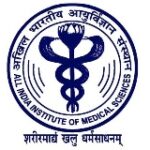

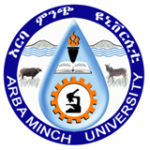
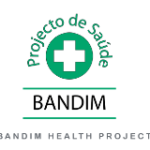

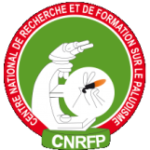


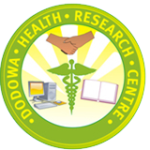


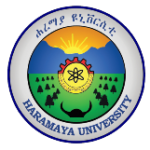
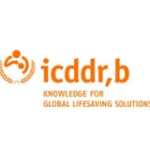
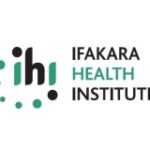
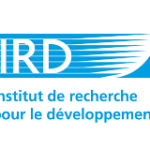


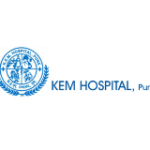
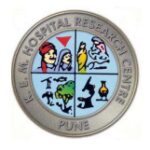
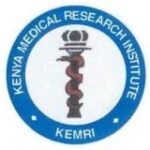
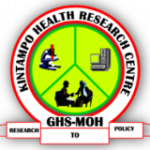

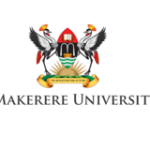
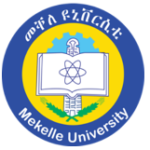

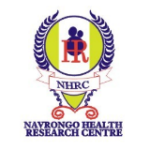







International Partners

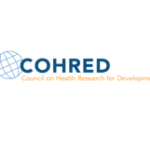


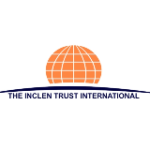

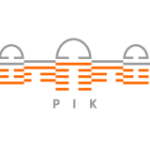





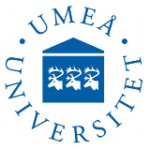
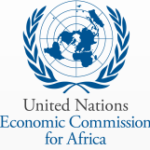


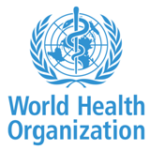
Frequently Asked Questions
HDSS stands for Health and Demographic Surveillance Systems. They are global networks that collect data from whole communities over extended time periods to accurately reflect health and population problems in low- and middle-income countries.
HDSSs work by monitoring new health threats, tracking population changes through fertility rates, death rates, migration, and morbidity. They also measure the effect of policy interventions on communities.
HDSSs are important because they provide information that enables policy-makers to make informed decisions and adapt their programs to changing conditions. They help address health and population challenges in low- and middle-income countries.
To get involved with HDSSs, you can reach out to us through the contact form or email us at [email protected] We welcome collaborations and partnerships.
For more information about HDSSs, you can explore our website, check out our resources section, or attend our upcoming events. Stay updated with the latest news and developments.
Our Vision
To be a trusted source for evidence supporting and evaluating progress towards health and development goals.
Our Mission
To lead a coordinated approach by the world’s health and demographic surveillance systems to provide timely longitudinal evidence across the range of transitioning settings to understand and improve population health and development policy and practice.
Value Proposition
INDEPTH’s on-going longitudinal health and demographic tracking across the Network of independent population-based Centres operating in different systems and cultures enable our scientists and scientific partners to offer a unique vehicle for the study of the impact of policy and practice and the development and validation of effective interventions.
Strategic Objectives
We aim to improve health outcomes through accurate data, research collaboration, and policy influence. Our focus is on capacity building, innovation, and driving effective interventions for global health development.
- Enhance the INDEPTH Network's capabilities
- Conduct cutting-edge multi-centre research, leveraging its longitudinal tracking
- Enrich and guide policy that is community responsive and closely linked to the SDGs
- Strengthen capacity
- Build effective partnerships:
INDEPTH will seek to invest to improve and expand the underlying longitudinal tracking platform, while continuing to ensure that the research is ethically sound and sensitive to local circumstances.
INDEPTH will seek to stimulate, facilitate and conduct cutting-edge multi-centre health and demographic research across member Centres.
INDEPTH will continue to generate evidence and facilitate the translation of INDEPTH findings to enrich and provide evidence on policy, programs and practiceDonec vitae sapien ut libero venenatis faucibus. Nullam quis ante. Etiam sit amet orci eget eros faucibus tincidunt. Duis leo. Sed fringilla mauris sit amet nibh. Donec sodales sagittis magna. Sed consequat, leo eget bibendum sodales, augue velit cursus nunc,
of INDEPTH member Centres and researchers to conduct high quality longitudinal health and demographic studies, analyse and present the data appropriately.
Competitive Advantage
- It is a unique Network of HDSS Centres, independently:
- Conducting longitudinal population-based tracking
- Comparing data across different systems and cultures
- Leveraging the collective value of data across Sites
- It has a record of successfully conducting important multi-site research using longitudinal, population-based tracking.
- It can link member Centres with health and other policy-makers to magnify research findings and enable evidence-based decisions.
- As a result, it is well-positioned to support stakeholders focused on leveraging accurate data and assessing key SDGs
- It represents – and strengthens – its community of scientists by harnessing expertise, improving training, enhancing career paths, and sharing data
Tactics
Promote the importance and value of population-based longitudinal data
Deepen the scope of monitoring across the Network
Develop new partnerships
Expand the extent of cross-network coordination
Produce a regularly-updated set of INDEPTH-wide products

Strategic Partnerships: Driving Success Together
At the INDEPTH Network, we recognize that developing, strengthening, and maintaining strategic collaborations and partnerships is essential to our success. We believe that working with organizations that have valuable resources and expertise can significantly enhance our ability to execute both current and future projects effectively.
Our partnerships allow us to leverage combined strengths, share knowledge, and achieve common goals, ensuring impactful outcomes for our initiatives. We are committed to fostering collaborations that align with our mission and contribute to the health and well-being of communities worldwide.
If you understand our mission and are interested in partnering with us, please reach out to the Resource & Training Centre at your earliest convenience: info@indepth-network.org.
Together, we can make a difference!
Strategic Partnerships: Driving Success Together

At the INDEPTH Network, we recognize that developing, strengthening, and maintaining strategic collaborations and partnerships is essential to our success. We believe that working with organizations that have valuable resources and expertise can significantly enhance our ability to execute both current and future projects effectively.
Our partnerships allow us to leverage combined strengths, share knowledge, and achieve common goals, ensuring impactful outcomes for our initiatives. We are committed to fostering collaborations that align with our mission and contribute to the health and well-being of communities worldwide.
If you understand our mission and are interested in partnering with us, please reach out to the Resource & Training Centre at your earliest convenience: info@indepth-network.org.
Together, we can make a difference!
Please click on the logos to access the websites of the institutions.

Grateful Acknowledgment to Our Funding Agencies
The INDEPTH Network extends its sincere gratitude to the numerous funding agencies that support our organization. We receive both General Operating Support (GOS), also known as Core Support, and Project Grants from these generous entities.
Our Resource & Training Centre in Accra (formerly the Secretariat) ensures the prudent management of these funds, overseen by our Board of Trustees. We produce annual audited financial reports, which are shared with funders and published on our website. Every contribution, regardless of size, makes a significant impact, and we deeply appreciate the support from all our funders, both current and past.
We are particularly grateful for the core support from the Hewlett Foundation, Sida, and Wellcome Trust. Core-funding from Sida is instrumental in supporting capacity strengthening, scientific research and coordination, policy engagement, networking, and data management harmonization among our members. This support, within the scope of the EDCTP programme, enables our centres to efficiently publish and disseminate their findings to the scientific community and policymakers for rapid uptake and impact.
Grateful Acknowledgment to Our Funding Agencies

The INDEPTH Network extends its sincere gratitude to the numerous funding agencies that support our organization. We receive both General Operating Support (GOS), also known as Core Support, and Project Grants from these generous entities.
Our Resource & Training Centre in Accra (formerly the Secretariat) ensures the prudent management of these funds, overseen by our Board of Trustees. We produce annual audited financial reports, which are shared with funders and published on our website. Every contribution, regardless of size, makes a significant impact, and we deeply appreciate the support from all our funders, both current and past.
We are particularly grateful for the core support from the Hewlett Foundation, Sida, and Wellcome Trust. Core-funding from Sida is instrumental in supporting capacity strengthening, scientific research and coordination, policy engagement, networking, and data management harmonization among our members. This support, within the scope of the EDCTP programme, enables our centres to efficiently publish and disseminate their findings to the scientific community and policymakers for rapid uptake and impact.
Please click on the logos to access the websites of the institutions.
Join our global health network
Discover how our surveillance systems are improving health in communities worldwide

 Call us:(+233)0244806015
Call us:(+233)0244806015  Email
Email 
